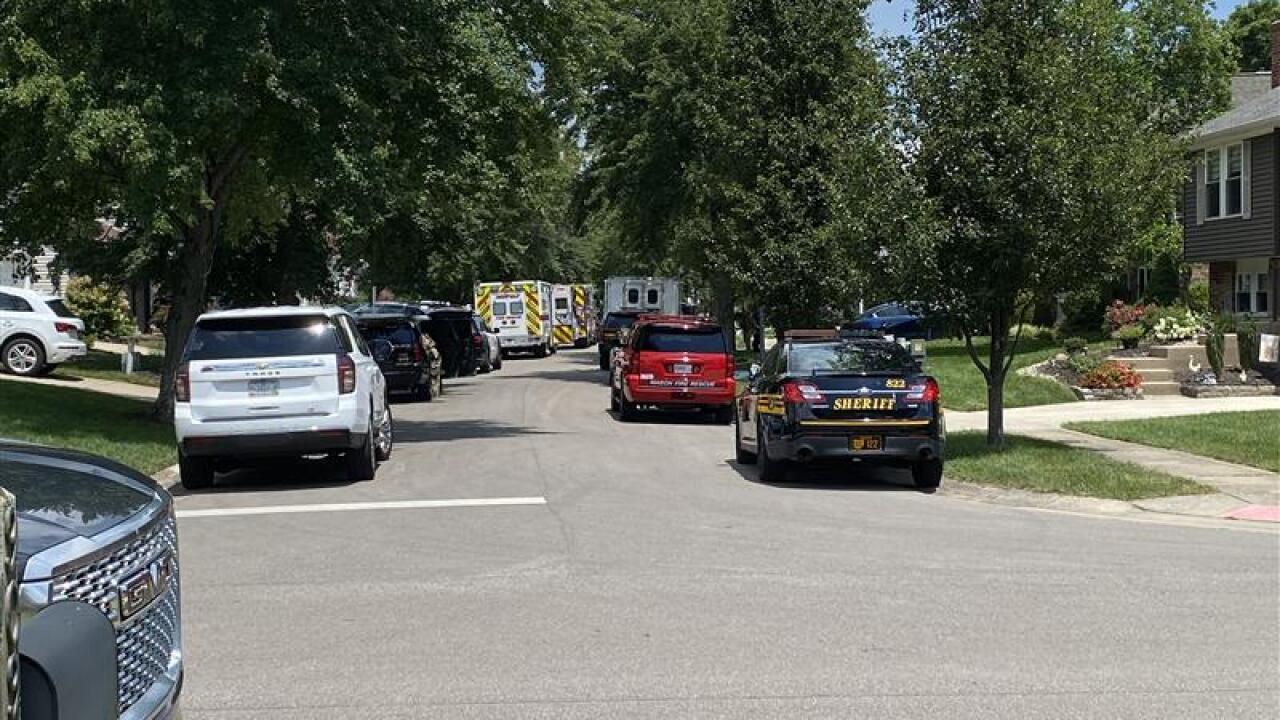For Greater Cincinnati’s economy to continue growing, Northern Kentucky University economist Janet Harrah believes regional leaders need to prioritize the advancement of five key industry sectors.
Harrah gave a presentation at the annual NKU Haile College of Business Center for Economic Analysis and Development summer symposium, where she dissected what she referred to as “industry clusters,” or key industrial sectors that are staples within the regional economy.
To Harrah, these clusters are a vital component of Greater Cincinnati’s economy. To sustain regional economic growth, a “virtuous cycle” must be created, she said. This involves investing in economic clusters to generate value, foster mutual support, and contribute to tax revenues.
According to Harrah, the five industry clusters are aerospace/aviation, life sciences, transportation and logistics, wholesale trade and advanced manufacturing. These sectors are characterized by high-wage employment, significant export potential, rapid innovation, and the development of specialized infrastructure.
All the NKY business news straight to your inbox every Tuesday morning.
Another benefit of each industry cluster is that they generate significant tax revenue, in addition to demand for local real estate, financial and insurance services, healthcare and social assistance, educational institutions, and professional and technical services.
“These are the clusters that are generating and commercializing new technology, and they have significant export potential
,
” she said.
Furthermore, Harrah explained that each of these industry clusters are important to facilitating the growth of the ‘Corridor of Commerce.’
Published in 2023 by Covington-based venture capital firm eGateway Capital, the Corridor of Commerce whitepaper outlines an initiative to economically connect the metropolitan areas of Indianapolis, Columbus, Cincinnati, Louisville, Nashville and Memphis through logistics networks, digital commerce, and supply chain innovation.
“Within that corridor, you can reach over half the US population in a one-day truck drive,” Harrah said. “It has a lot of logistical advantages, because up and down this corridor, we have a lot of crucial infrastructure. You can move goods and services by rail, air, water and over the road.”
Due to the immense geographic area of the Corridor of Commerce, Harrah believes Northern Kentucky leaders can leverage each industry cluster, in addition to the corridor’s vast market access, to boost future economic growth.
Logistics and aerospace/aviation are vital industries within Northern Kentucky’s economy. Moreover, both industries have experienced substantial growth and investment over the past 10 years. For the growth to continue, regional leaders must keep their foot on the gas.
Cincinnati/Northern Kentucky International Airport CEO Larry Krauter, who was featured on the symposium’s keynote speaking panel, said the airport has more capacity to induce growth. He believes this can be achieved through a unified regional approach and ramped-up marketing efforts.
Boasting DHL and Amazon Air’s North American superhubs, CVG is the sixth-largest cargo airport on the continent, according to the airport’s website. It is arguably NKY’s most important economic recruitment tool, serving as a critical hub for logistics and aerospace/aviation businesses. Greater Cincinnati’s aerospace/aviation industry saw a 28.5% increase in jobs between 2013 and 2023, according to JobsEQ data.
“In aerospace, we have what I believe in our region to be a very unique value proposition for aerospace, and I’m not sure that we’ve taken it as far as we can,” Krauter said.
Still, to attract more talent to the region, stakeholders must continue to invest in quality-of-life amenities to attract high performers into the area and ultimately convince them to stay. Dave Knox, Blue North’s executive director and a panelist, emphasized the ongoing need for the region to attract and retain impactful workers.
“That’s executive talent that, chances are, could leave and do something to create something,” Knox said. “How do we really focus on that and leverage those to make them really embrace a community?”
Liked this story? Help make the next one possible.
Independent local news doesn’t happen without community support. Your monthly donation helps us keep covering the people, issues, and places that make Northern Kentucky what it is.
When you give, you’re not just supporting one story — you’re investing in all the ones still to come.
SUPPORT LOCAL NEWS






